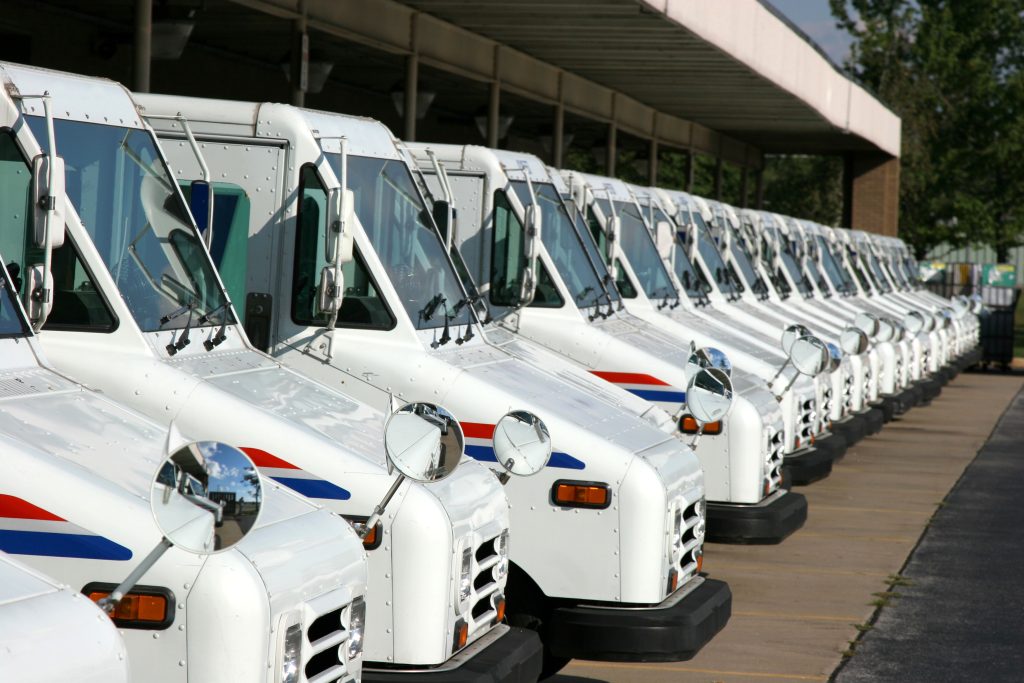House Oversight Hearing Proves USPS Privatization is Dead

Whisperings of privatizing the United States Postal Service (USPS) began before President Trump took office. He mentioned it in December 2024 (he had floated the idea in his first term as well) but by February 2025 decided it would not be pursued. While Elon Musk was apparently disagreed with that decision, discussions of USPS reform inside the administration have not included privatization.
And if anyone brings up privatization again, the House Oversight and Accountability Subcommittee on Government Operations hearing on the USPS on June 24, 2025, put a nail in its coffin. Every witness at the hearing and every member in attendance agreed that privatization, which cannot be achieved without congressional approval, is not an option to fix the Postal Service’s myriad financial and delivery issues.
Subcommittee Chairman Pete Sessions (R-Texas) spent several minutes discussing privatization and said it should not be mentioned again: “Does it do us any good to throw that word out there, if we really know that we’re not going to privatize the postal service? … I think there needs to be a structure without it called privatization. … I’m hoping that we can talk about this without an assertion that we’re trying to get rid of [the US Postal Service] or […] privatize it because we’re not.” Ranking Member Kweisi Mfume (D-Md.) said that USPS “is not for sale.”
Lexington Institute Senior Fellow Paul Steidler’s written testimony stated that USPS is part of the federal government and “Privatization is not a viable option …” He said it is “nearly politically impossible,” would require new laws, and “would leave taxpayers holding the bag for tens and likely hundreds of billions of dollars of liabilities that should be paid for by USPS operations.” He reiterated his position during the hearing.
University of Utah Assistant Professor Dr. Elena Patel’s written testimony stated that “privatization is not a viable solution to these challenges, drawing on international examples and the unique obligations the USPS is tasked with fulfilling.” She elaborated on her views throughout the hearing. Package Shippers Association CEO Jim Cochrane and Association for Postal Commerce CEO and President Mike Plunkett both argued for increased public-private partnerships but not privatization. National Association of Letter Carriers President Brian Renfroe made it clear in both his written testimony and comments that his union strongly opposes privatization.
Citizens Against Government Waste President Tom Schatz made it clear that his organization was opposed to privatization. He reiterated the reforms that were included in his June 20, 2025, op-ed in The Hill, which noted that insourcing has exacerbated the Postal Service’s problems, including mounting financial losses and degraded service performance. He suggested that incoming Postmaster General David Steiner take the following steps, which do not require approval from Congress: pause implementation of the Delivering for America plan, end the construction of new Postal Service processing facilities, freeze hiring for all personnel except letter carriers, and terminate the Regional Transportation Optimization Initiative (also proposed by other witnesses), along with increased public-private partnerships.
The witnesses and members at the hearing agreed that reforms are needed to ensure that the Postal Service continues to provide its vital services across the U.S., particularly in rural areas, and that the solutions should be pursued sooner rather than later. Privatization will not be an option.
